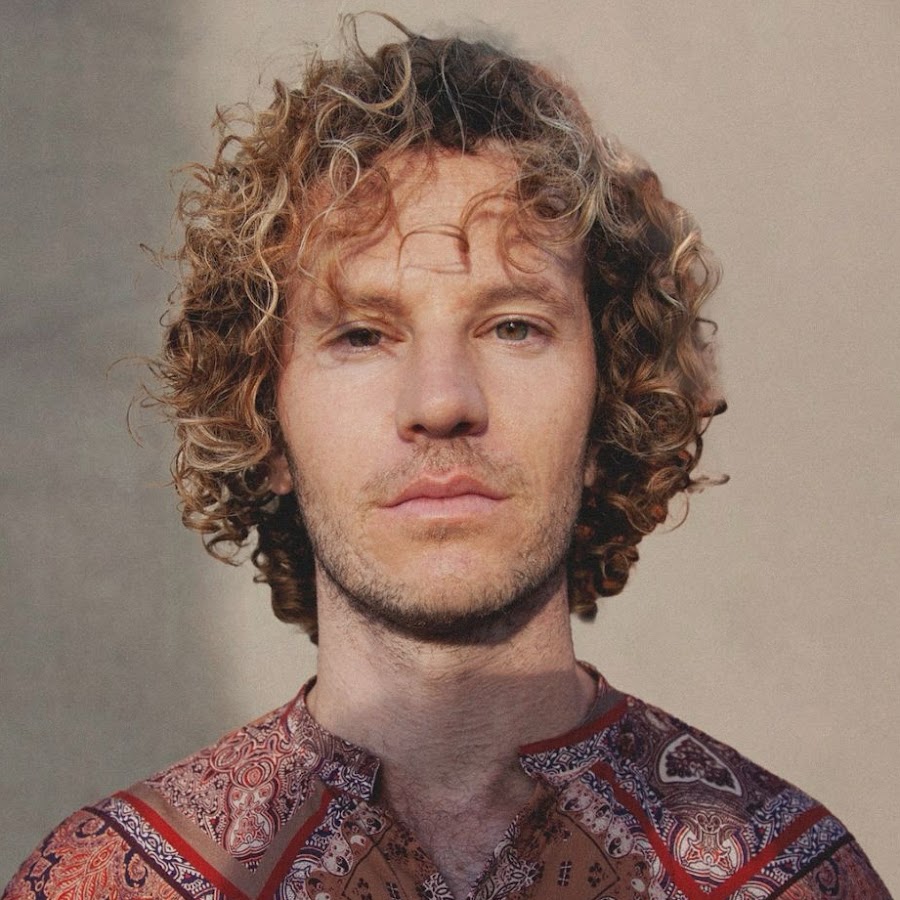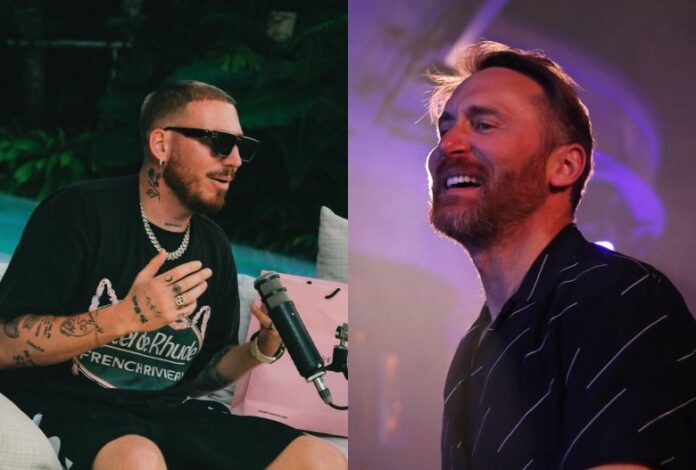Kentaro Miura's tragic death came far too early. The immensely talented manga artist's cause of death was due to acute aortic dissection, a rare medical condition often caused by hypertension. One major cause of hypertension is extreme stress, and a systemic issue often associated with working in the manga industry is artists being subjected to intense schedules, which produces such high stress.
While Berserk had long delays between chapters, every page took meticulous work to get perfectly right. Miura's cause of death indicates that his passing might be a symptom of a vast, dangerous problem undercutting the entire manga industry. There are many manga creators who end up suffering from their work, either forced to work long hours that affect their physical or mental health or suffer direct abuse from the system. Ultimately, something needs to change to protect the health and lives of the endlessly overworked creators.
Stress-Related Injuries in the Manga Industry
While every mangaka is different, the average creator might have a mere three hours of free time a week when working on a manga. An example of this was seen first hand when Hiroshi Shiibashi, creator of Nura: Rise of the Yokai Clan, showcased his work schedule. Eiichiro Oda, the One Piece creator, reports a very similar schedule -- one he has worked on since the series' creation. Unfortunately, the trend continues with many creators working on weekly manga productions, often leading to many physical problems.
Yoshihiro Togashi, the manga creator behind Yu Yu Hakusho and Hunter x Hunter, has suffered health issues for quite some time, made only worse by his intense work on his manga. Specifically, Togashi suffers from severe, debilitating back pain that can make daily tasks excruciatingly difficult.
Tite Kubo, while and shortly after working on Bleach, suffered from an extreme deterioration of his health. The muscles in Kubo's shoulders tore due to constant stress, following years of failing health as work on his epic manga took a physical toll. However, the emotional impact, the extreme isolation of working on one manga for years on end, took an intense toll on his mental state as well.
The frequency of stories like these speaks to the frightening reality faced by many manga artists' relentless schedules -- often leading to overwhelming physical and emotional distress. Unfortunately, this is far from the only recurring issue in the industry.
Emotional Abuse in the Manga Industry
Some manga creators face overt cruelty from editors and publishers without any resources for help. Editors are often credited for pushing manga to be better -- most famously, when Akira Toriyama's editor's suggestions led to the creation of Cell. However, other editors have used their power to abuse their talents emotionally and physically.
Yuu Watase is the manga creator behind several fantasy manga, including Fushigi Yugi, Ceres Celestial Legend and Alice 19th. In a blog post, Watase reported her experience working on Arata: The Legend and the cruelty she faced behind closed doors from her editor. Watase would work tirelessly, not sleeping, to produce the chapters for the weekly schedule, only for her editor to tear down all of her ideas and demand she created the material he felt worked better.
As it turned out, seemingly every idea -- even the ones she initially pitched to the publisher -- was dismissed in a cruel and hostile fashion. Aside from the intense physical toll drawing and completely redrawing entire manga chapters, if Watase told anyone about the abuse, the editor would retaliate against her. As it turned out, however, this particular editor treated everyone around him like this.
To quote Watase's now-deleted blog post, "It was pretty much Hell. At some point, I was no longer doing it for the sake of the readers, or even for the sake of the manga as a body of work. I was just drawing storyboards and layouts solely to get his approval and keep going."
How Can the Manga Industry Improve?
One of the most uncomplicated and straightforward solutions to the systemic problem of overwork is to allow manga creators to take regular breaks to recover.
Very noticeably, Hunter x Hunter has undergone several hiatuses over its long run. This has allowed Togashi to take the time to recover from injuries. In addition, Kubo has also taken up a lighter load on his manga creation with Burn the Witch. Similarly, Sui Isida suffered physical and mental burnout while working on Tokyo Ghoul. Now, with the recently-begun serialization of Choujin X, he's taking a lighter, more sporadic schedule to avoid burnout again.
Even editorial abuse is being handled. Watase's anonymous editor was removed from the company, albeit far too late after many talented manga creators were abused. If the manga industry is to help its talent survive the workload, support needs to be issued to them to help them endure the burdens of the workload.
About The Author

